Localisation is an important aspect of retail, especially as more and more consumers shop for goods online. Across October 2019 online sales increased to make up 19.2%[1] of all retailing and that number has only increased since, as we can see throughout lockdown ordering online has become even more prominent.
What is localisation and how can it support my sales?
Localisation is the act of translating online materials, text, product descriptions and websites. The aim is to appeal to audiences abroad as well as different language speakers within your own country. There are many benefits to localisation when it comes to SEO (Search Engine Optimisation) as well as gaining access to a new audience and being able to grow your customer base.
Benefits of Localisation
- Improve your customer experience and encourage brand loyalty and returning customers to your business
- Understand how your products sell dependent on country and language. Know what to stock more of for certain areas based on their language.
- Measure customer behaviour and gain a deeper understanding of your customer base and segment them via country and language.
- Improve local SEO, so your website is higher on Google results and even at the top for multiple countries.
- Increase sales via a personalised experience and knowing what customers want through understanding their behaviour, thanks to localisation.
Overall, it is clear to see why localisation is of key importance to any business and especially one that operates online. It is also important to understand why you should hire a professional translator to do your localisation.
With many free online tools such as Google translate, it can be tempting to use these. They may seem like a quick fix to your localisation needs, However, this is a dangerous game. Online bots like Google Translate may be able to accurately handle a word or two but they have no conception of your message’s intent. They do not benefit from local knowledge and cultural understanding like professional translators do.
A wrong or bad translation can do a lot of damage to a company’s branding and reputation. Even big brands have been caught out! A common mistake is inaccurate translation or simply not understanding how slogans and ads translate to a very different meaning in another language.
For example, Coors Light’s tagline of ‘Turn it loose’ had proved popular and successful for an American audience. However, when they translated the phrase into Spanish the catchy tagline read ‘Suffer from diarrhoea’. The cost of recalling an ad and re-translating for any company incurs massive costs. If Coors Light had a professional Spanish translator on hand, they would have been able to raise the alarm and translate the phrase into Spanish accurately while maintaining brand message.
As you can see, while a professional translator adds to your budget it will always be cheaper than having to correct embarrassing and possibly even offensive translation. You want your customers to feel appreciated and valued. Inaccurate translation can make them feel like you don’t care and it will leave a bad taste in their mouths.
Using the right translation service
How do I know who is a good translator? Like with any business decision, you want to choose a language provider who works best for you. DA Languages provides high-quality translation efficiently and accurately. We work with a pool of fully qualified and experienced linguists.
Furthermore, we work with linguists both within the UK and abroad. This means that not only do you have the benefit of a native-speaking translator, but they also can provide local insight and an in-depth understanding of local dialects and idioms.
You want your customers to come to your business and feel welcomed and appreciated. All of which will help drive sales to your business. Your website and materials being in their language will further your efforts as 75% of consumers are more likely to buy from a brand if the website is in their native language. Additionally, 74% of consumers are highly likely to purchase again from a company that provides sales after-care in their language.[3]
Overall, it is clear to see the benefits of localisation and why you should work closely with a professional translator and language service provider, who can continually work with you to refresh content and advertising.
If you would like to find out more and how DA Languages can help build your business contact enquiries@www.dalanguages.co.uk and we’ll be more than happy to see how we can help!
[1]https://www.ons.gov.uk/businessindustryandtrade/retailindustry/bulletins/retailsales/october2019
[2]https://www.marketingweek.com/how-covid-19-has-changed-shopper-behaviour/



